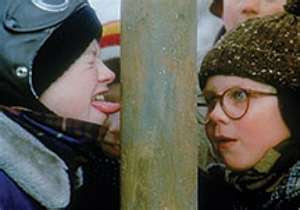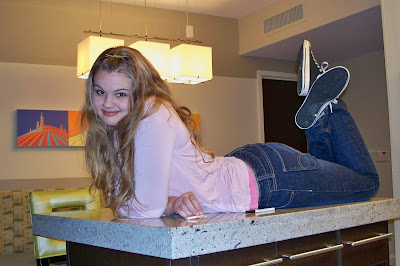As part of a newly formed Book Club, whose members are scattered around the world, I was given the suggestion to read Jane Austen's
Northanger Abbey, and then blog about my impressions.
Ah, I love these kinds of books. Often I have wondered if I was born in the wrong century, finding many charms of ages past to be right in line with my tastes. The 19th Century was certainly a kinder, gentler society if one was fortunate enough to live among the privileged classes. Perhaps I could have been content to spend my days expanding my accomplishments, writing letters to acquaintances, and being seen but seldom heard. (Hmmmm...sounds a bit familiar)
Would I have been content to abide by the structure and rules of social interaction, trying never to let on one's true feelings, and searching often in vain for any clue of returned affection. (Wait a minute! Not much has changed, has it?!)
Northanger Abbey is Jane's tongue-in-cheek response to the popular romance novels of her day, a genre that fed upon society's hunger for suspense and mystery, for gothic melodrama, and a formulaic unpredictable predictability.
Jane satirically describes her heroine as very un-heroine-like. She's normal. She has ordinary looks. She travels in predictable circles, rarely meeting anyone of heroic proportions. In other words, "Catherine" is just like you and me.
I found it delightfully refreshing to note such a practical approach that stayed fairly constant throughout the book. Catherine did not find herself in any real danger or peril. Her thoughts were consumed with balls and gowns, and who might ask her to dance, and whom she might run into by chance if she put herself carefully into the right location.
As most of our own lives go, she does meet her hero, a kind, albeit average gentleman who nobly and predictably plays by the rules of gracious society. (No bodice ripping here.)
Yet, here is where I find my frustration (not in the lack of bodice ripping...) The tension and mystery of the very basic climax of "will he or will he not propose" is not taken advantage of at all (like in any respectable chick-flick). It is treated in the uptight, proper, inexcitable nature of the day, as sort of an "Oh, by the way they're getting married". We get no impassioned declaration of love. We get no poetic words delineating the development of mutual affection. As we know, even "normal" people can feel joy and passion and relief and happiness, which I am certain even our sweet little Catherine and her polite Henry Tilney did.
Apparently in Jane's staid society, they weren't yet ready to share such pivotal, private moments in proper literature. I respect that. But if we are invited in to become so engaged in their lives and in their characters, is it wrong for us to feel like we should be part of the resolution?
Did he kiss her? I guess we'll never know. Perhaps Jane just intended for us to read between the lines, and draw our own "proper" conclusions.
































